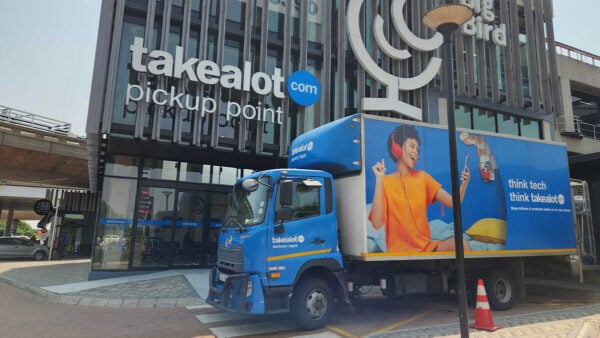Elon Musk wants to launch rockets from a small town in South Africa

South African born billionaire Elon Musk, who is currently feuding with US President Donald Trump, wants to launch SpaceX rockets and possibly Starlink low earth orbit satellites (LEOs) from South Africa.
In the closed door meeting at the White House after the explosive public clash between Trump and the South Africans, Musk raised two key interests in South Africa.
These were launching rockets from the Denel Overberg Test Range near Arniston, and the current shortage of magnets that require rare earths that China is restricting from being exported.
He did not mention Starlink, which has been in the news in South Africa lately, apparently because the South African government has already set up a process to review its BEE policy as it affects companies like Starlink. No outcome of that process is expected soon.
SpaceX is interested in the Overberg site to launch satellites that would cross the south pole, and for Starlink LEOs that provide access to broadband, two sources in the South African space sector said.
The site, the brainchild of the Aerospace Systems Research Institute (ASRI) led by Prof. Michael Brooks at the University of KwaZulu-Natal, was officially launched in May last year, and in December it launched two suborbital rockets.
The institute’s primary focus is on developing an indigenous commercial space launch capability for South Africa.
More than 30 significant space companies and start-ups are based in South Africa. They collaborate with the South African National Space Agency (SANSA).
Africa is currently experiencing a boom in the commercial space business, with more than 400 companies operating on the continent outside South Africa.
ASRI aims to launch payload carrying rockets capable of putting satellites in orbit by 2028. If an agreement is reached with SpaceX, it might be interested in investing to speed up construction of facilities to launch rockets into orbit sooner.
The December launches tested a newly commissioned, six storey high gantry, which performed flawlessly, according to several reports, as did the South African made rockets, reaching altitudes of 16,6 km and 11,9 km, respectively.
One payload successfully measured the Earth’s magnetic field and flights data during the flight, which lasted for approximately 400 seconds.
South African rocket engine

A key part of ASRI’s drive to establish a South African commercial space is the South African First Rocket Engine (SAFFIRE), a kerosene and liquid oxygen-powered engine with three tonnes of thrust.
UKZN engineers and their postgraduate students have designed, built, and tested several research rocket motors and successfully launched five out of six suborbital rockets — also called sounding rockets.
Among these are the Phoenix-1A and Phoenix-1B Hybrid rockets, which have had several successful launches, including reaching the African hybrid rocket altitude record of 17.9km.
This engine will be used on a sub-orbital commercial launch vehicle (CLV), a 20-metre two-stage carrier rocket with a payload capacity of 200kg to 500kg, suitable for carrying and deploying small satellites into orbit.
Nine SAFFIRE engines will power it on its first (booster) stage and another on its second (upper) stage.
Road to Made in South Africa satellites

South Africa’s path to satellite development began at Stellenbosch University with the launch of SunSat in 1999.
In 2009, the microsatellite SumbandilaSat, also known as ZASAT-002, was launched for Earth observation, specifically for monitoring and managing disasters such as floods, oil spills, and wildfires in South Africa.
South Africa is currently working with international space sector partners in the US, Europe and China.
The US helped South Africa launch the SunSat satellite in 1999, and the partnership is currently expanding, including a project to build a new deep-space ground station in Matjiesfontein, in the Western Cape.
This facility will play a key role in supporting communications for future U.S. Artemis missions to the Moon and Mars.
South Africa is also strengthening its collaboration with China. In August 2023, Chinese President Xi Jinping signed two agreements with South Africa on cooperation in space projects.
One focused on crewed spaceflight, while the other included South Africa in the team for the planned Chinese-Russian International Lunar Research Station.
South Africa is also working with the European Space Agency (ESA).
By John Matisonn for BizNews, republished with permission. Matisonn is a veteran political journalist and author who was sentenced to two weeks in jail for refusing to reveal his sources for an article which led to the exposure of the Muldergate Scandal in 1979.
































